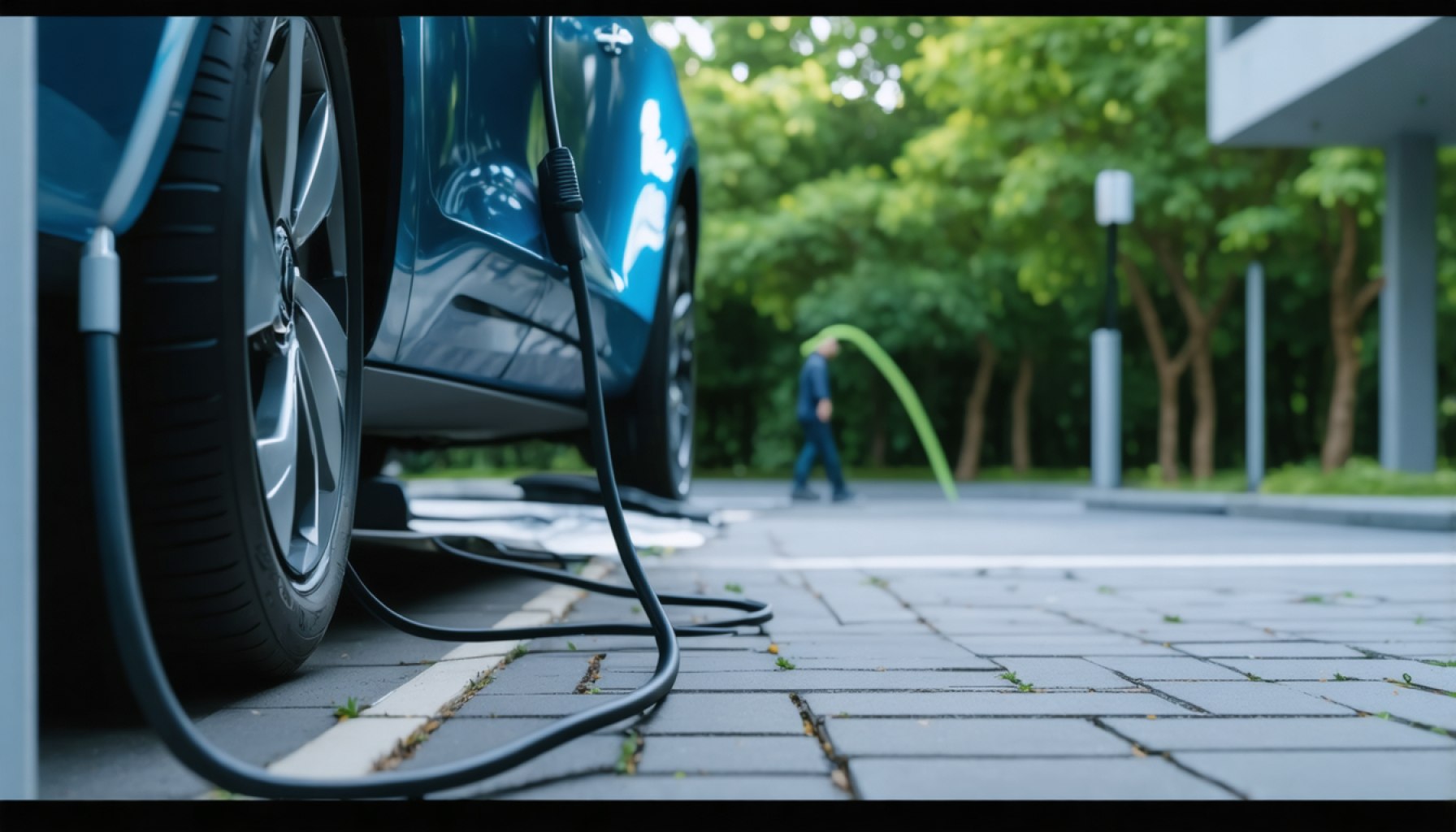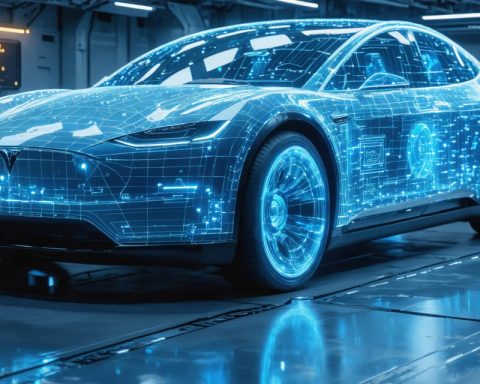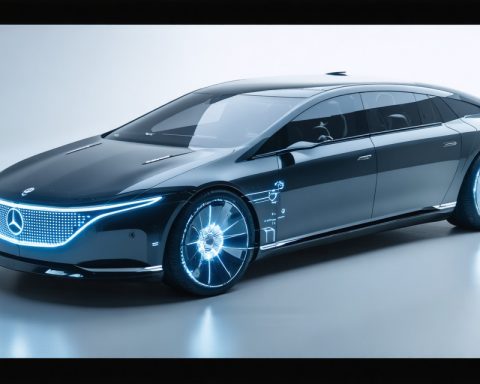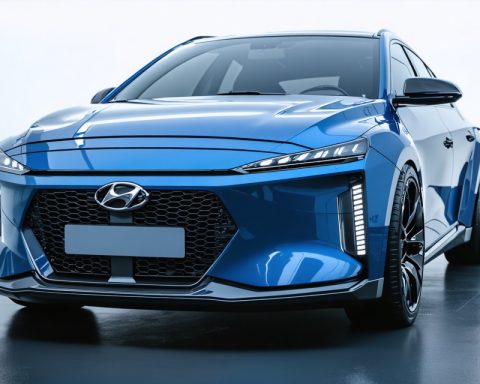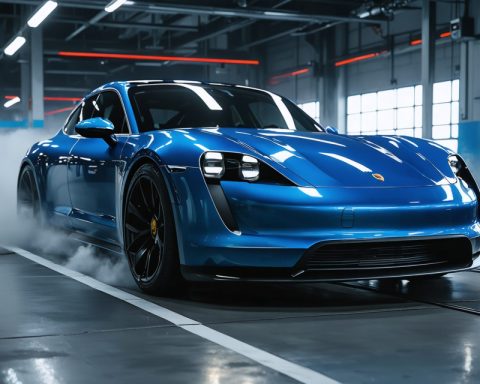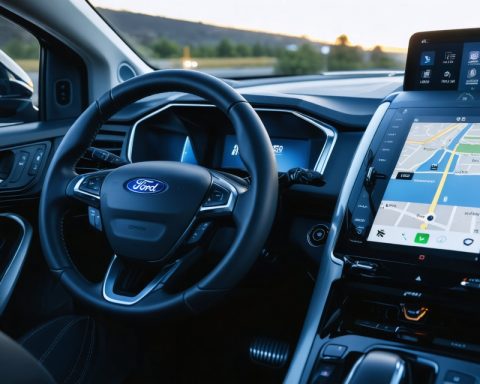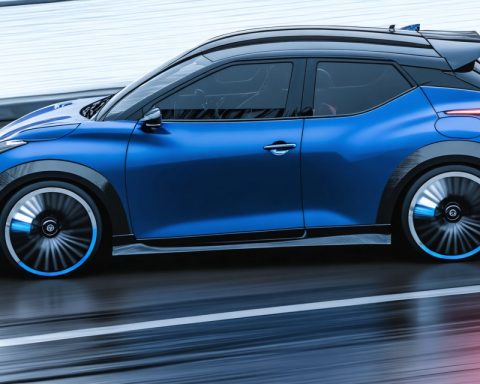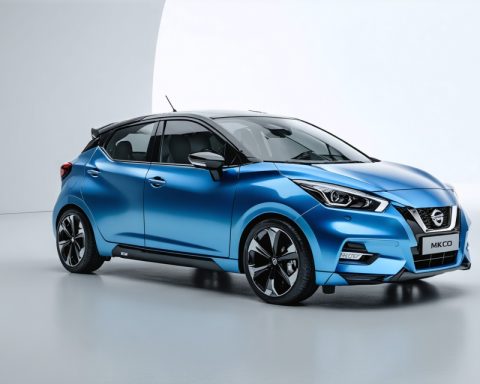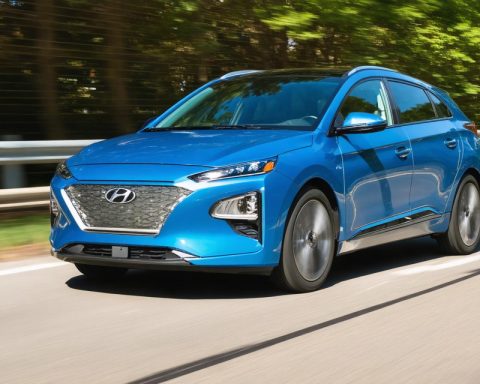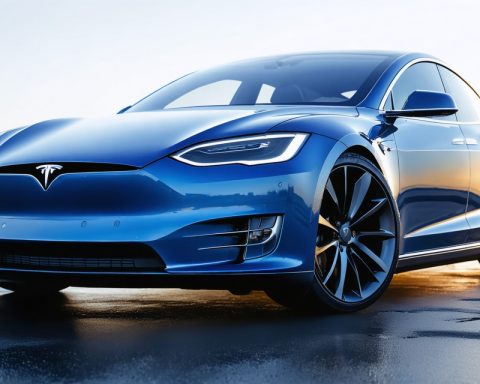- Genesis offers U.S. EV owners a complimentary NACS adapter, enhancing access to 20,000 DC fast chargers, ahead of integrating the technology into their models by 2026.
- Coulomb Solutions introduces Super Long Life batteries for commercial vehicles, boosting sustainability with 900,000-mile lifespan and a 15-year warranty.
- ABF Freight expands its fleet of electric terminal trucks, supporting its commitment to green logistics and environmental stewardship.
- A study by CREA highlights the urgent need for electrification due to the health and environmental impacts of diesel emissions.
- BodeEV focuses on dependable EV charger installation and maintenance through innovative solutions and strategic partnerships.
- Rivian establishes Also Inc., entering the micromobility market to meet urban transportation needs efficiently.
- Verdek LLC works to simplify and expand EV charging networks, aiming for broader accessibility and reduced costs.
The landscape of electric vehicles is something of a kaleidoscope, ever-changing with vibrant splashes of innovation and sustainability. From transformative charging solutions to cutting-edge battery technologies, the road ahead is electric, and multiple players are spearheading this movement.
Genesis leads the charge by spreading the credo of connectivity. The automaker offers U.S. EV owners, who joined their ranks before January 31, 2025, a gift—a complimentary North American Charging Standard (NACS) adapter. This small device, akin to a golden key, unlocks a treasure trove of 20,000 additional DC fast chargers, bridging Tesla’s lauded Supercharger network to Genesis vehicles. With adapters flowing into eager hands from April 7, eligible owners have a generous 60 days to redeem. By 2026, Genesis will integrate this port into their models, smoothing the transition to seamless user experiences.
Meanwhile, Coulomb Solutions Inc. (CSI) is setting an impressive benchmark with its Super Long Life (SLL) commercial vehicle batteries. Birthed from the sophisticated ateliers of CATL, these powerhouses are designed to chug through 900,000 miles with unwavering reliability and a 15-year warranty. With a specific energy of 175Wh/kg and an energy density of 270Wh/L, these batteries are not merely high-capacity but harbingers of sustainability, reducing the frequency of replacements and tethering operational costs for fleet managers.
Sustainability takes the forefront with ABF Freight’s decision to deepen its commitment to green logistics. The subsidiary of ArcBest expands its fleet of Orange EV terminal trucks. From an initial squad of four in 2022, their numbers soon climb to fourteen. Praised for unparalleled reliability and efficiency, these electric trucks embody ABF’s pledge to environmental stewardship while keeping operational efficiency soaring.
Yet, juxtaposed against these green dawns is a sobering study on diesel emissions by the Centre for Research on Energy and Clean Air (CREA). The report lays bare the fatal legacy of diesel trucks—307,000 lives lost and $1.4 trillion in global health costs traced back to emissions from a coterie of manufacturers. This dire narrative emphasizes the imperative need to electrify, with a clarion call for governments to escalate the transition to zero-emission vehicles, avoiding investments in stop-gap measures like biofuels and hydrogen combustion.
Emerging as a harbinger of dependability is BodeEV. The fledgling enterprise aims to flip the script on installation and maintenance of EV chargers. With a time-sensitive Service Level Agreement, they guarantee rapid resolutions—existing infrastructure is revamped, bottlenecks are unveiled, and innovations harnessed. Their partnership with Autel Energy North America births bOde&M™, an infrastructure cadenza ensuring every note struck resonates with reliability.
In a strategic gambit, Rivian spins off a new melody in the name of Also Inc., dedicating itself to the realm of micromobility. As cities explore agile, lightweight options, Rivian ensures its presence in these bustling markets with Rivian CEO RJ Scaringe’s oversight as Chairman.
Lastly, Verdek LLC is a maestro orchestrating the rollout of EV charging networks across urban landscapes—brandishing a California contract, hewing costs down, and shaving bureaucratic layers for smoother transitions to electrical fleets. Their mission: to make clean transportation pragmatic and within reach for government agencies and beyond.
Together, these diverse efforts illustrate a united vision—a greener, more sustainable future. As pressure mounts to curb emissions and prioritize sustainable urban development, actions taken today will resonate tomorrow. The takeaway? The drive toward an electric future is not just a journey; it’s the destination.
Electrifying the Future: Innovations and Insights in the Electric Vehicle Revolution
The electric vehicle (EV) landscape is rapidly advancing, fueled by groundbreaking technologies, pioneering companies, and a fervent push for sustainability. While the original article explores several facets of this transformation, uncovering additional dimensions can further illuminate the path toward a sustainable future on wheels.
Cutting-Edge Innovations in the EV Sector
1. Genesis and Universal Connectivity
Genesis’ initiative to provide a complimentary North American Charging Standard (NACS) adapter to U.S. EV owners initiates a significant shift in customer experience. By bridging Tesla’s Supercharger network with Genesis vehicles, drivers gain access to a vast network, enhancing the adaptability of EV ownership. As connectivity becomes a hallmark of modern EVs, Genesis’s plans to integrate the NACS port into its models by 2026 underscore a commitment to seamless charging experiences across various platforms.
2. Pioneering Battery Technologies with Coulomb Solutions Inc.
Coulomb Solutions Inc., with its Super Long Life (SLL) batteries derived from CATL, is reshaping the commercial vehicle battery market. These batteries not only promise reliability over 900,000 miles but also offer a formidable 15-year warranty. By focusing on sustainability with reduced replacements, fleet operators can expect lowered operational costs and minimized environmental impacts. The specific energy and density metrics (175Wh/kg and 270Wh/L) highlight the robustness of these batteries to power the future of commercial transportation.
3. The Rise of Electric Terminal Trucks at ABF Freight
ABF Freight’s expansion of electric terminal truck fleets marks an earnest commitment to reducing emissions. Partnering with Orange EV could propel significant advancements in green logistics, setting pivotal benchmarks for the industry in terms of efficiency and environmental stewardship.
Industry Trends and Market Forecasts
4. The Explosive Growth of Charging Infrastructure
As companies like Verdek LLC deploy extensive EV charging networks, market experts predict a substantial boom in charging infrastructure, aligning with ambitions for clean transportation. This growth is not only expected to cater to individual consumers but also unlock potential for urban fleets and government agencies, drastically reducing emissions.
5. Micromobility and the Role of Also Inc.
Rivian’s strategic launch of Also Inc. into the micromobility space dovetails with global urbanization trends, focusing on agile and lightweight transportation solutions. Also Inc.’s ventures under RJ Scaringe’s leadership epitomize the increasing role of small-scale electric vehicles in decongesting cities and minimizing pollution.
Real-World Case Studies and Insights
6. BodeEV’s Rapid Response Charging Solutions
BodeEV’s partnership with Autel Energy North America is redefining EV charging infrastructure. Through quick service resolutions and infrastructure modernization, they promise to alleviate common frustrations associated with EV charging, elevating the reliability and efficiency required in a burgeoning market.
Challenges and Considerations
7. The Health Impacts of Diesel Vehicle Emissions
The Centre for Research on Energy and Clean Air’s study emphasizes the urgent need for EV adoption. With staggering statistics tying diesel emissions to significant health costs and mortality rates, electrification is portrayed as not just an environmental necessity but a public health imperative.
Actionable Recommendations
– Adopt Seamless Charging Solutions: EV owners can invest in universal charging adapters and memberships with networks providing broad access to chargers.
– Opt for Long-Life Batteries: For commercial fleet managers, selecting vehicles with super long-life batteries can significantly cut costs over the vehicle’s lifespan.
– Encourage EV Infrastructure Growth: Cities and municipalities should bolster investments in charging networks to support increased EV adoption.
– Explore Micromobility Options: Urban planners should consider integrating micromobility solutions, like those from Rivian’s Also Inc., for reduced urban congestion.
For more insightful content and industry updates, visit Genesis, CATL, and Rivian.
By staying informed and engaged with the latest EV advancements, businesses and individuals alike can accelerate the journey to a cleaner, more sustainable future.
